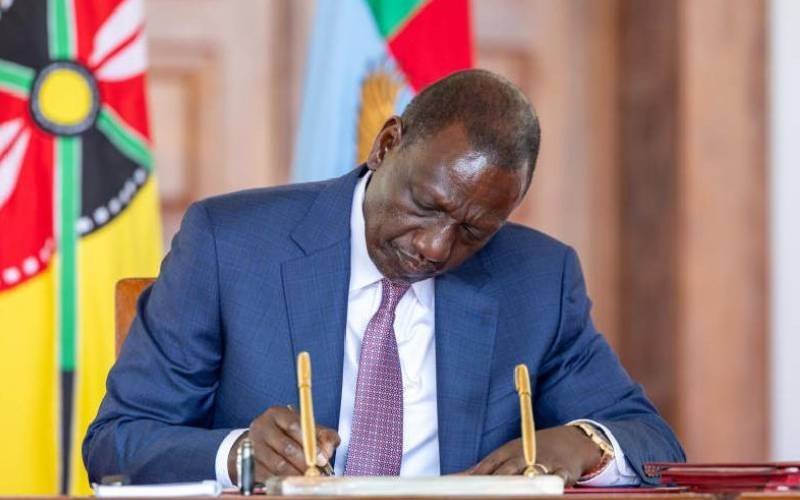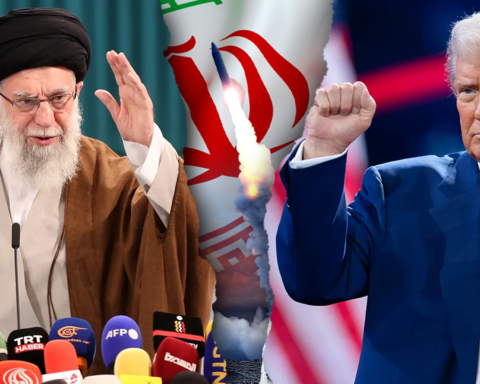President William Ruto has defended his recent signing of the Computer Misuse and Cybercrimes (Amendment) Act, 2024, insisting that the legislation builds on existing laws that have been in place since 2018.
The amendments aim to strengthen protections against online harassment, cyberbullying, and other forms of criminal activity conducted through digital platforms.
Speaking to reporters, President Ruto emphasized that the law is intended to safeguard ordinary Kenyan citizens from emerging cyber threats. “These measures are necessary to protect our people from online abuse and fraud,” he said, stressing that the law is an update to keep pace with the rapid evolution of technology and digital communication.
The original Computer Misuse and Cybercrimes Act, 2018 was designed to address online offences, but growing concerns about new forms of cybercrime prompted the government to introduce the amendments. According to officials, the revised law includes stricter penalties for digital fraud, identity theft, and harassment, while also providing clearer definitions of online criminal conduct.
However, the law has sparked controversy and legal challenges. The Kenya Human Rights Commission (KHRC) and prominent activist Reuben Kigame have filed a constitutional petition arguing that the amendments could infringe on freedom of expression and privacy.
Also Read; Tanzania Court Sides with Lissu in Treason Case Battle
Following the petition, the High Court issued conservatory orders temporarily suspending certain sections of the Act while the case is reviewed.
The signing of the law coincided with the passing of former Prime Minister Raila Odinga, a timing that drew criticism from some observers who felt it was politically insensitive. President Ruto, however, clarified that the timing was purely coincidental and unrelated to other national events.
Legal experts say the case could set an important precedent for balancing digital security and individual rights in Kenya. “As technology continues to evolve, governments worldwide face the challenge of protecting citizens while upholding democratic freedoms,” said one constitutional law scholar.
The controversy highlights the tension between modern cyber governance and civil liberties, a debate increasingly relevant in an era of widespread internet use.







